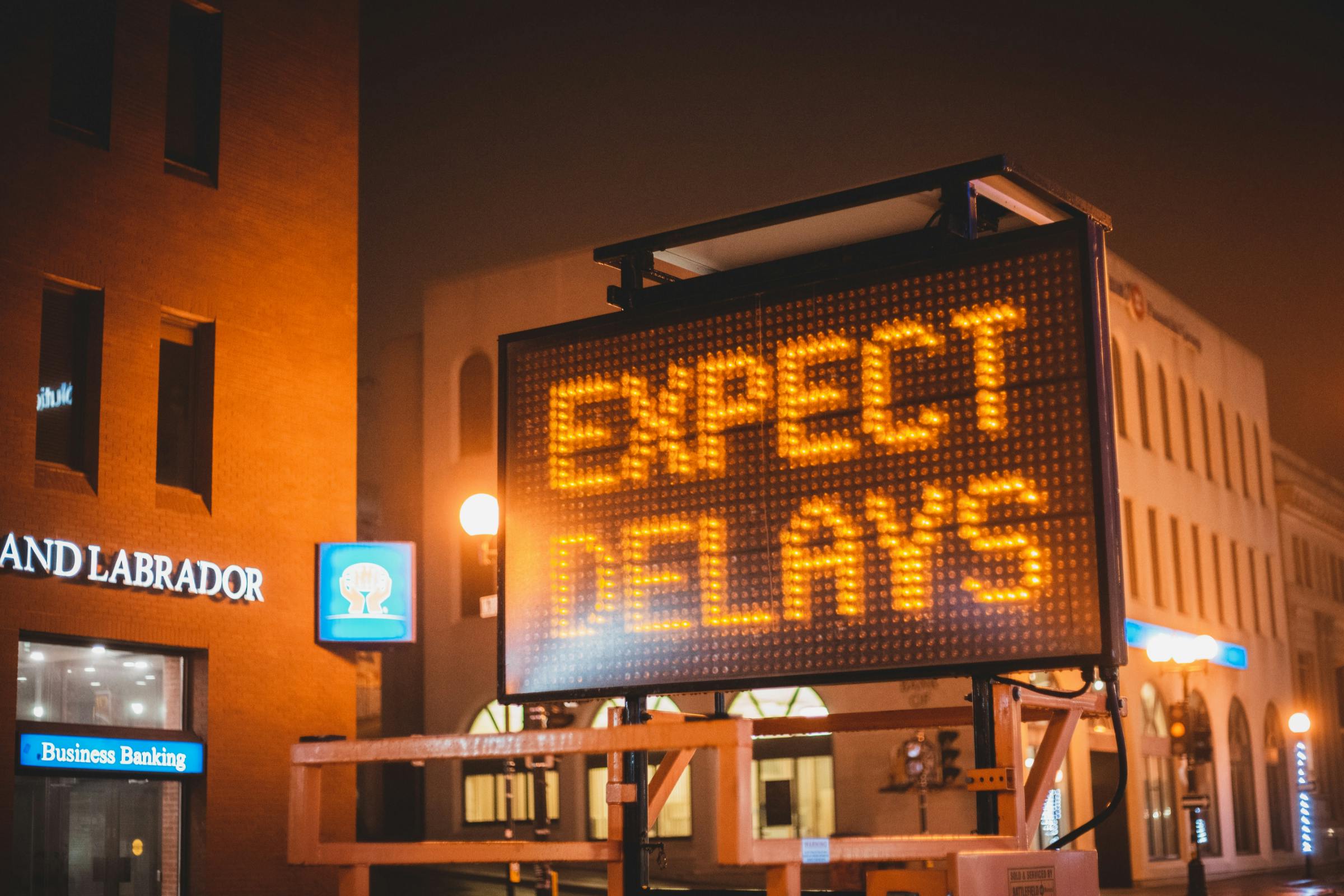What’s Causing the Delays?
USCIS continues to operate on a backlog of COVID-delayed petitions, although they are close to being caught up at most processing centers, embassies, and consulates. These delays have created a logjam of problems in many industries, including manufacturing.
Without employees in the country or with those in the country unable to work as they await permission, project plans are uncertain, and costs have increased, while profits often decrease. The good news that the COVID backlogs are almost complete is tempered by the recent announcement that another wrench in the system is, once again, causing significant delays.
What’s going on in the government today is likely to have widespread consequences. Currently, mass layoffs in the technology sector are creating a ripple effect. As mega tech giants like Google reduce their employee count, many H-1B holders are frantically searching for new sponsors.
However, the substantial number of layoffs had an unintended consequence. People applying for PERM certificates, green cards, and H-1B visa renewals are stuck in limbo while these processes are on pause. Companies don’t want to get caught in the fine print, attesting that they have searched for US citizens to fill the position they just gave an H-1B holder when there are now so many qualified candidates in the market for a new job.
These visa holders will be looking for other jobs, possibly in different fields than technology. At the same time, US consulates in other countries deal with closures and staffing shortages that are delaying non-tech-related visas.
What This Delay Means for You
Foreign nonimmigrants must have a valid visa to live and work in the US. You can’t put them on the payroll or expect them to continue their jobs until you’re given the go-ahead from USCIS. The current and previous processing delays are impacting many employers like you. This can be frustrating when you’ve extended a job offer and sponsorship to an individual assuming their visa will begin on a certain date.
Thousands of foreign workers earmarked to begin or continue a job assignment are now unemployed as they wait for their work visas. This is challenging for them, but it’s also a hassle for employers. As delays pile up, you want to know what your options are.
The key is to recognize this issue exists and plan to overcome the obstacles that occur because of processing delays. If the consulate is continually running behind, ensure you find your skilled worker early so you can start the H-1B filing process as soon as registration opens.
Expect to encounter delays and have a backup plan in place. Will you continue to wait for your H-1B worker before the tasks are completed, or do you have someone in mind to keep the foundation going until the skilled expert arrives?
What’s Next?
Processing delays are often unavoidable, but some are the result of poor planning by the sponsor. For instance, consulates want to know all the details of the job’s essential requirements and why no one in the US is qualified to fill the vacancy. It’s your job to explain this information when you’re filing the paperwork, but it can be challenging to come up with enough detail to please USCIS and the embassy or consulate.
When you work with an immigration expert like Visa2US, this part is simplified. Your chances of a successful visa approval increase because our professionals at Visa2US know what to expect and how to avoid mistakes.
You’ll need to explain things like how the company will experience hardships without someone filling the vacancy and why remote work isn’t possible. With our guidance, you’ll overcome most of these obstacles before you even realize they’re there.
There is a long-term solution around the corner if USCIS is granted the increase in fees they’ve requested. This boost in the budget will allow USCIS to improve its technology infrastructure and hire more people to help process visa permits.
As regulations change and become stricter, it’s vital that you work with an immigration law expert who can guide you through the process. At Visa2US, our friendly professionals are available 24/7. We’ll answer your questions and explain what you can expect with the process, including what delays may be on the horizon.
Contact us today and let us minimize the impact of an H-1B visa delay on your business.














